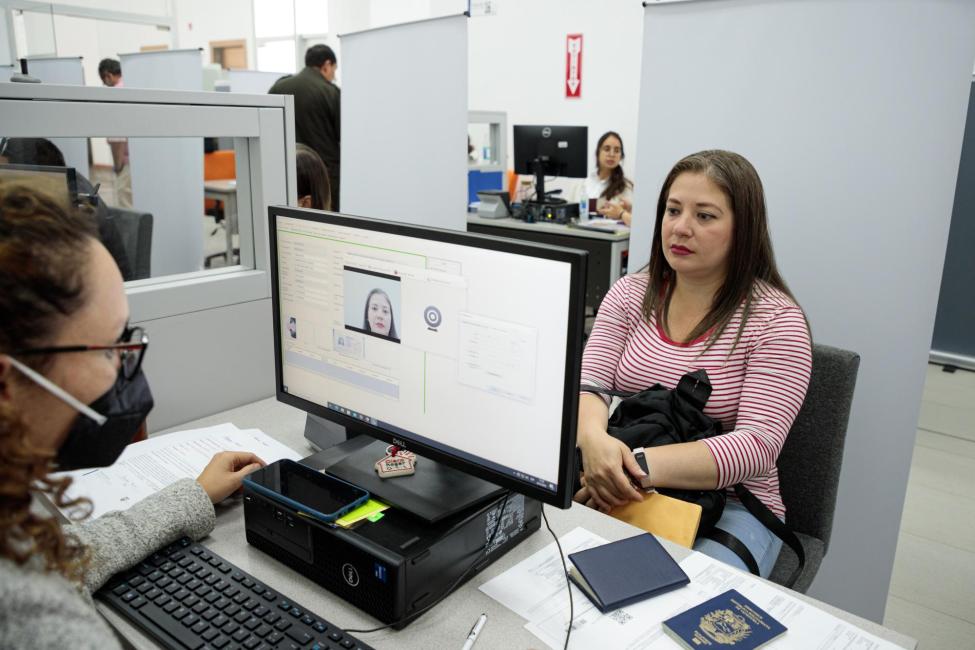Employers Can Be Held Liable: Lessons from Kum Gang San's $2.67 Million Lawsuit
Running a business, especially in the restaurant industry, comes with countless challenges. Many owners believe they’re doing everything correctly, treating their employees fairly, and operating with the best intentions. Yet, even with these beliefs, employers can still find themselves in legal hot water. The story of Kum Gang San, a Korean restaurant in Queens, New York, serves as a cautionary tale.
In 2012, employees of Kum Gang San filed a lawsuit against the restaurant’s owner, Ji Sung Yoo, and two managers. The claims were staggering: workers endured unpaid overtime, below-minimum wages, and were forced to perform personal tasks for their bosses. The tipping point came when employees were suspended for refusing to work on their day off. Ultimately, the court awarded the workers $2.67 million in damages—a massive penalty for the restaurant.
This was not an isolated incident. In 2010, Kum Gang San faced another judgment, this time for $1.95 million in unpaid wages. The repeated violations highlight a troubling pattern often seen in ethnic restaurants, where immigrant workers are particularly vulnerable to exploitation.
Despite Yoo’s claims of financial hardship and intentions to appeal, the court’s decision sends a clear message: employers bear the burden of proof in labor disputes. Without proper records or systems in place, businesses face an uphill battle to defend themselves.
Why Good Intentions Aren’t Enough
The Kum Gang San case is a stark reminder that even unintentional missteps can lead to severe consequences. Many employers lack awareness of labor law intricacies or believe their informal practices are sufficient. However, courts and regulatory bodies operate on evidence, not intentions. If records don’t exist or are incomplete, employers will likely lose these disputes.
The Role of Digital Systems in Wage and Hour Compliance
Employers can avoid such outcomes by implementing robust systems to track wages, hours, and employee activity. Digital timekeeping and compliance solutions provide an indisputable record of:
- Hours worked, including overtime.
- Pay rates, ensuring compliance with minimum wage laws.
- Employee schedules and approved time-off requests.
- Tasks assigned and completed during shifts.
These systems not only help businesses stay compliant but also protect them in the event of a dispute. The burden of proof typically falls on the employer, and accurate, easily accessible records are often the difference between winning and losing a case.
The High Cost of Non-Compliance
Cases like Kum Gang San’s illustrate how labor law violations can spiral into financial ruin. A single judgment can wipe out profits, while repeat offenses tarnish a business’s reputation permanently. For many small businesses, these lawsuits can mean the end of operations altogether.
Lessons for Business Owners
- Stay Proactive: Conduct regular audits of your wage and hour practices.
- Invest in Compliance Tools: A digital system tailored to labor law requirements can save time and money in the long run.
- Educate Managers: Ensure those in charge understand labor laws and the importance of fair treatment.
- Document Everything: Keep accurate, detailed records for all employees to avoid disputes over “he said, she said” scenarios.
The Kum Gang San lawsuits serve as a stark warning for all business owners: even when you believe you’re doing everything right, you must be prepared to prove it. A proactive approach, supported by digital tools and meticulous recordkeeping, is essential to safeguard your business from similar pitfalls. After all, in the court of law, intentions don’t count—evidence does.



